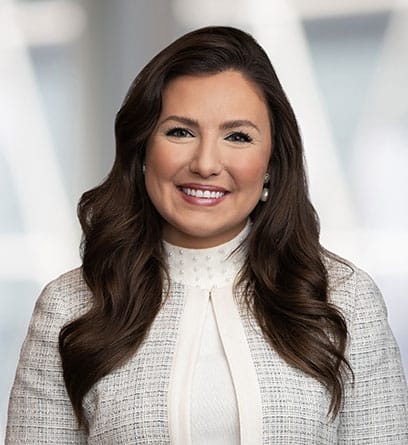This month’s Wonkology is an interdisciplinary collaboration between Thompson Coburn’s Lobbying & Policy and Higher Education practices.
An administrative process used by federal agencies during which a proposed rule is debated and developed by relevant interest groups and agency representatives.
Best Thing Since Sliced Bread
The concept of a negotiated rulemaking, colloquially known as “neg reg,” was hatched in the 1970s when John Dunlop, Secretary of Labor from 1975-76, proposed that the people, parties, and industries that would be most affected should be directly involved in the creation of new federal regulations. Congress formally codified the process into statute with the Negotiated Rulemaking Act in 1990.
Devil in the Details
To develop a regulation using neg reg, the agency selects a 12- to 25-member committee that typically meets once a month for several months. The process involves negotiation among industry representatives and public and private interest groups, ideally allowing the negotiators to resolve concerns and reach consensus before the agency begins its standard notice and comment rulemaking procedure.
Neg reg has been used across the Executive Branch, including by the US Departments of Agriculture, Education, and Transportation, and the National Parks Service, the Environmental Protection Agency, and the Nuclear Regulatory Commission, among others. The Bush Administration used neg reg to set minimum standards for state-issued driver’s licenses, while the Obama Administration used it to implement new regulations on mandatory pork price reporting.
That’s a Wrap
Prior to the COVID-19 pandemic, negotiated rulemaking meetings would nearly always occur in person. Since 2020, the process transitioned and remains in a virtual format, largely to the detriment of a process built on face-to-face negotiations and interactions. In a 2006 report evaluating negotiated rulemaking as an agency tool, the Congressional Research Service found that one of the most beneficial effects was the cooperative relationships created between the agency and relevant public stakeholders. Emphasizing the importance of in-person collaboration, in the words of Jillian Klein, two-time non-federal negotiator for the US Department of Education: “Consensus is reached in the hallways, not at the negotiating table.”
The US Department of Education is generally required to use neg reg to promulgate regulations related to federal Title IV financial aid programs authorized by the Higher Education Act. The Biden Administration is currently conducting neg regs related to student loan forgiveness, program integrity and institutional quality, and federal TRIO programs. Transcripts and recordings, background materials, and draft regulatory language relevant to these ongoing neg regs are available here.




